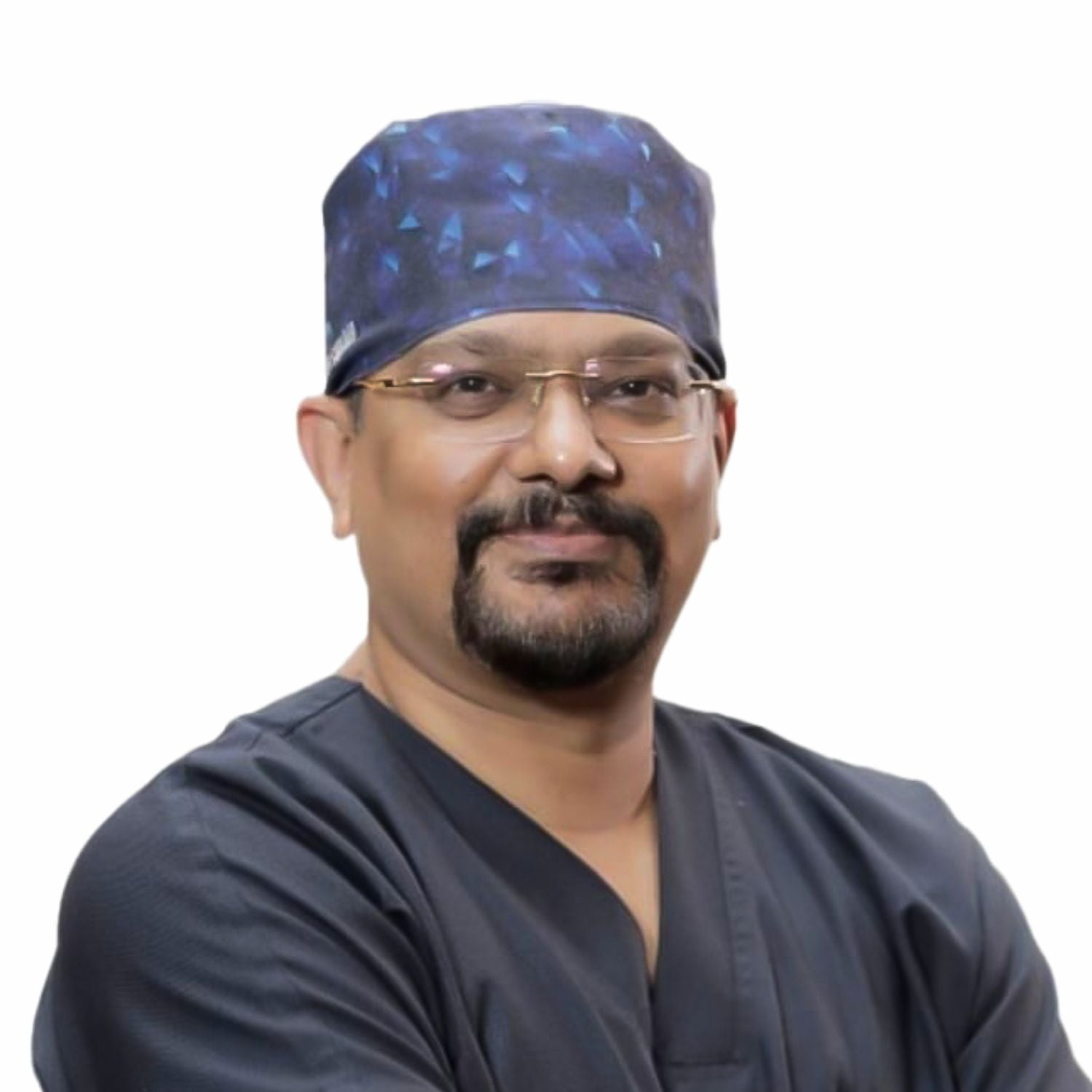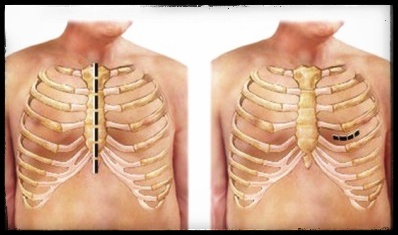HEART VALVE SURGERY
Who needs Heart Valve Surgery ?
-
Heart valve surgery is either done to repair or to replace a damaged valve. A damaged heart valve obstructs the blood flowing through the valves and thus hampering the normal functioning of the heart.
There are four types of valves in the heart: aortic valve, mitral valve, tricuspid valve, and pulmonary valve. Any of these four valves may require surgical removal to restore its normal functioning.
When is it needed ?
Valves open and shut rapidly to help the blood flow in and out of the heart. Valves are small leaflets that control the flow of blood within the chambers of the heart. When these valves get damaged or are obstructed, the blood flow through and from the heart gets obstructed hampering the normal heart functioning. In order to regain the normality of the heart functions, the heart valve surgery is performed.
What are the symptoms ?
- Shortness of breath
- Dizziness
- Chest pain
- Fatigue
- Fluid retention
What are the causes of Heart Valve Damage ?
- Congenital defect: It’s a defect that is present in the valve/s right from the birth of an individual such as an abnormal valve size, abnormal formation or not being attached to the supporting valve tissue properly.
Types of congenital heart valve defects are:
- Stenosis: narrowed valve/s
- Regurgitation: leakage in the valve/s
- Pulmonary valve stenosis: narrowing near the pulmonary valve
- Atresia: the absence of a valve or improper formation of the valve, the blood flow to and through the heart is obstructed due to improper development of the valve.
- Acquired defect: Damage that occurs during the lifespan of an individual due to either of the following:
- Age-related changes: degenerative changes
- Rheumatic fever: damage caused due to an episode of rheumatic fever
- Other conditions that might cause valve diseases are :
- Heart attack
- Coronary artery disease
- Heart muscle disease
- Aortic aneurysm
- Hypertension
- Connective tissue diseases
- Tumors
Types of Procedures
Depending on the type of repair needed, the surgeon can opt from the following two procedures:
- VALVULOPLASTY: it is a procedure that helps opening up the narrowed valves (stenosed). It is also known as ‘balloon valvuloplasty’ because a catheter along with a deflated balloon is inserted into the heart near the narrowed valve and the balloon is then inflated which helps in opening up the narrowed valve and restoring the normal blood flow.
- ANNULOPLASTY: it is mainly used for mitral valve repair wherein the ring around the valve is repaired to prevent the leaking of the valve (regurgitation).
What are the approaches ?
Heart valve surgery can be performed in either of the following two ways:
- Minimally invasive surgery aks MICS: in this procedure, the incision is small, the surgery is less painful with a shorter stay at the hospital and faster recovery.
- Open surgery: in this procedure, a large incision is made along the sternum to provide a full view, the chances of infection increase with longer recovery time and longer hospital stay.
What are the types of artificial valves ?
The surgeon decides if there is a need for a prosthetic valve or just repairing the ring is enough.
The prosthetic valves can be classified as:
- Mechanical valve (artificial valve):
- They are made up of pyrolytic carbon with a ring to support the valve leaflets.
- They function just like a normal heart valve
- They last for a lifetime but the patient has to take anticoagulant medicine throughout life.
- Bioprosthetic valve (tissue valve):
- These are usually made up of pig or cow tissue and so they might need to be replaced after a few years.
- These valves are either stented or stentless. Stented valves are a frame that helps in maintaining the shape of the valve and can replace all valve whereas, the stentless valves are used for aortic valve
- Patients with bioprosthetic valve may need to take anticoagulant medicines for a month post-surgery.
What are the risks?
Heart valve surgery may involve the following risks:
- Infection
- Bleeding during or after the surgery
- Pneumonia
- Breathing difficulties
- Arrhythmia
- Heart attack
- Formation of a blood clot
- Valve failure
- Stroke
- Death
What is the care to be taken after surgery?
- Taking medicines as prescribed
- Healthy diet as suggested by the doctor
- Regular exercise as advised
- Routine and timely follow-ups
- Stress reduction
Points to Remember
- High fever in the prosthetic valve may be a result of infective endocarditis. This requires proper investigation.
- Any cut or injury should be treated to prevent infection.
- Proper intake of a healthy diet should be ensured
- Timely intake of medicines, leading a healthy and stress free life is important
FAQs
- How long does a prosthetic valve last?
Mechanical prosthetic valves may last for a lifetime but have chances to develop blood clots or infections, if proper care is not taken.
Bioprosthetic valves being a tissue valve has a limited life span of 10-15yrs.
- Can an artificial heart valve be repaired?
Artificial valves are better replaced than repaired.
- What happens when exposed to metal detectors, MRI or other electronic equipment?
Metals used in artificial valves are very small and do not set off an alarm in metal detectors. MRI, X-rays or any other electronic equipment do not cause any harm to the artificial valves.
- Will mechanical valve make a noise?
Some patients say that they hear a clicking sound, while some patients don’t hear any sound; this varies from patient to patient. The person gets accustomed slowly to the sound and it’s nothing to worry about as it’s just the sound of the valve closing.


